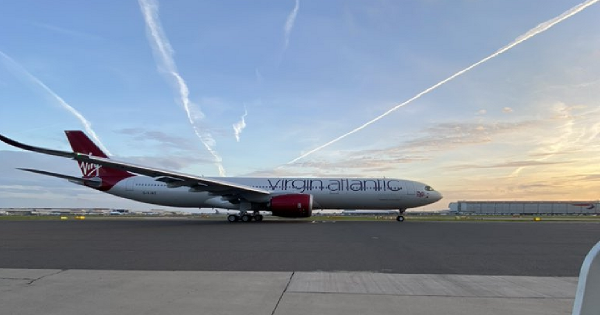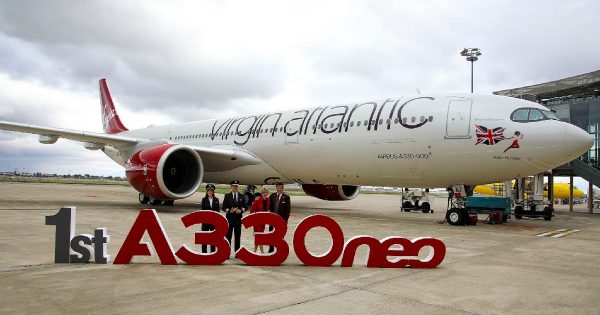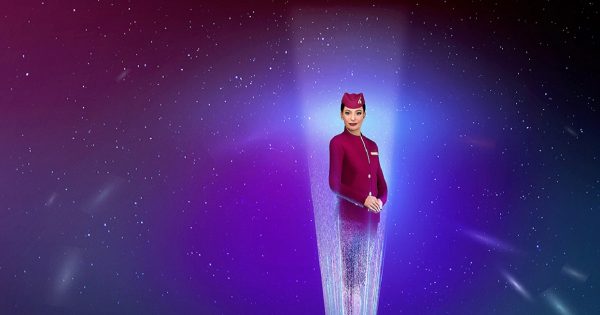Virgin Atlantic and Microsoft have created a virtual reality tool to show passengers just how great Upper Class really is.
Called Ida, it uses virtual reality to show passengers what it is like to travel in Upper Class on an actual flight.
Passengers can enjoy the virtual experience through all parts of the flight with Virgin Atlantic.
The virtual passenger experience starts by checking in at the airport, moves through the fabulous Clubhouse at London Heathrow, shows what happens on the aircraft, either at the bar or in the seat, and then ends with passengers waking up refreshed and ready to land.
Editor: Some people who have enjoyed Upper Class think that last part – waking up refreshed and ready to land – must be on another airline as they might still be at the bar and hoping the flight takes a lot longer!
Microsoft
Virgin Atlantic approached Microsoft with a very specific aim. They wanted a new way to help their sales team engage with business passengers outside of traditional marketing and sales tactics.
They wanted to give their team a sales tool to tell their story in a unique and unexpected way – to allow passengers to actually see and feel what a travel adventure on Virgin Atlantic is like.
Windows 10 devices
Microsoft built the Windows 10 app that can run across any Windows 10 device, from the smallest screen to the largest.
This allows Virgin Atlantic to use a wide variety of devices to meet the specific needs of a given setting, including the ability for the tour to be viewed through a tablet and phone powered 3rd party virtual reality headset, which is enhanced through narration.
Not only does the app make presenting the Virgin Atlantic story easier and more compelling, but it can be presented on multiple devices like a Windows tablet or a phone.
The Virgin Atlantic sales team will take this experience on the road at tradeshows and potentially use it in high-traffic areas during the workday, corporate lobby locations like The Shard in London.
Smartwatch and Google Glass trials
At Microsoft’s Future Decoded event in London, Virgin Atlantic CEO Craig Kreeger explained that the company has always been keen to make the most of new technology.Early trials involving smartwatches were abandoned after negative customer feedback when staff broke eye contact to seemingly look at their watch.
Google Glass trials were more successful, but with that project currently on hold, Microsoft has picked up the baton.
N.B. Image credit: windows.com







